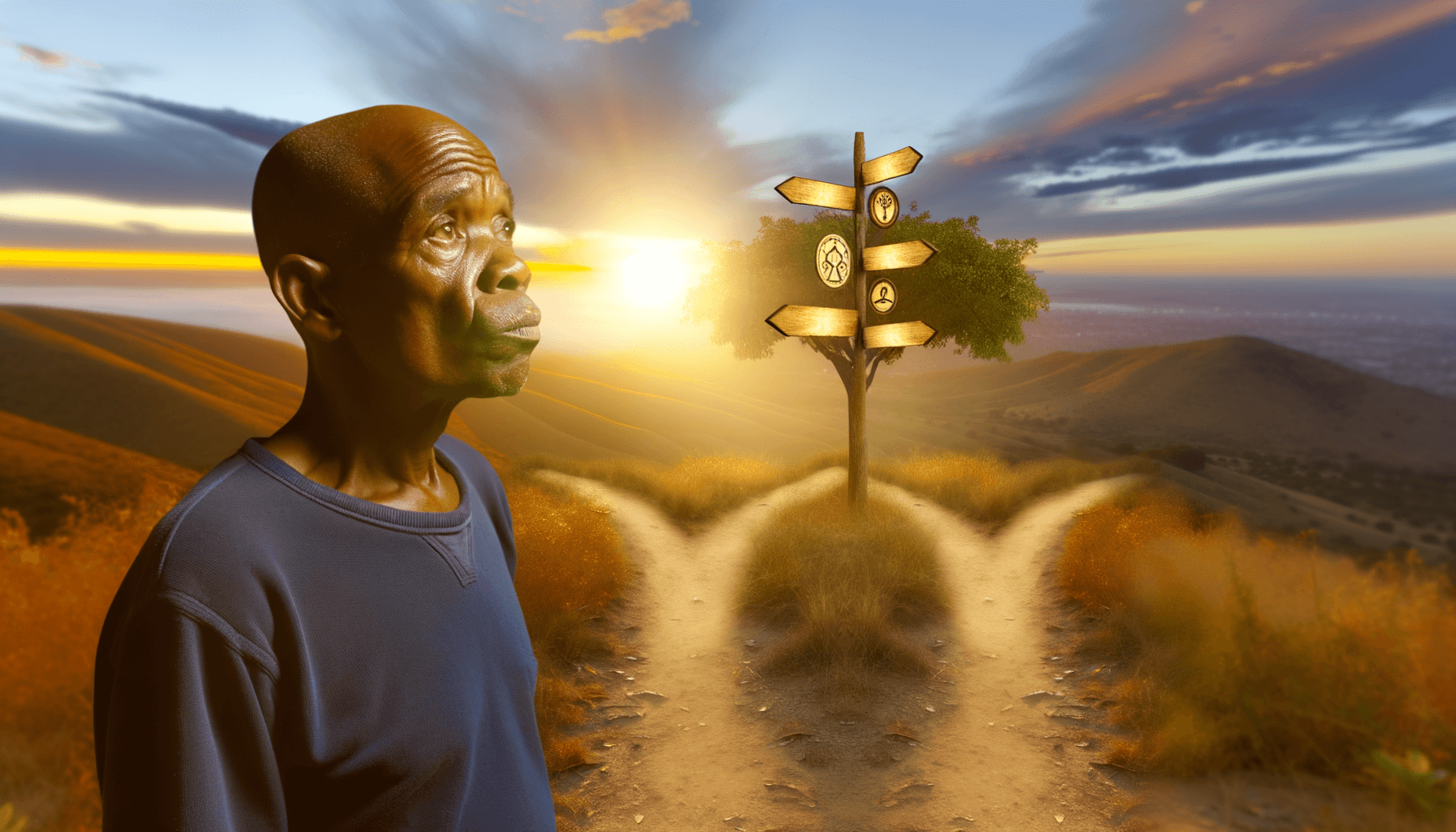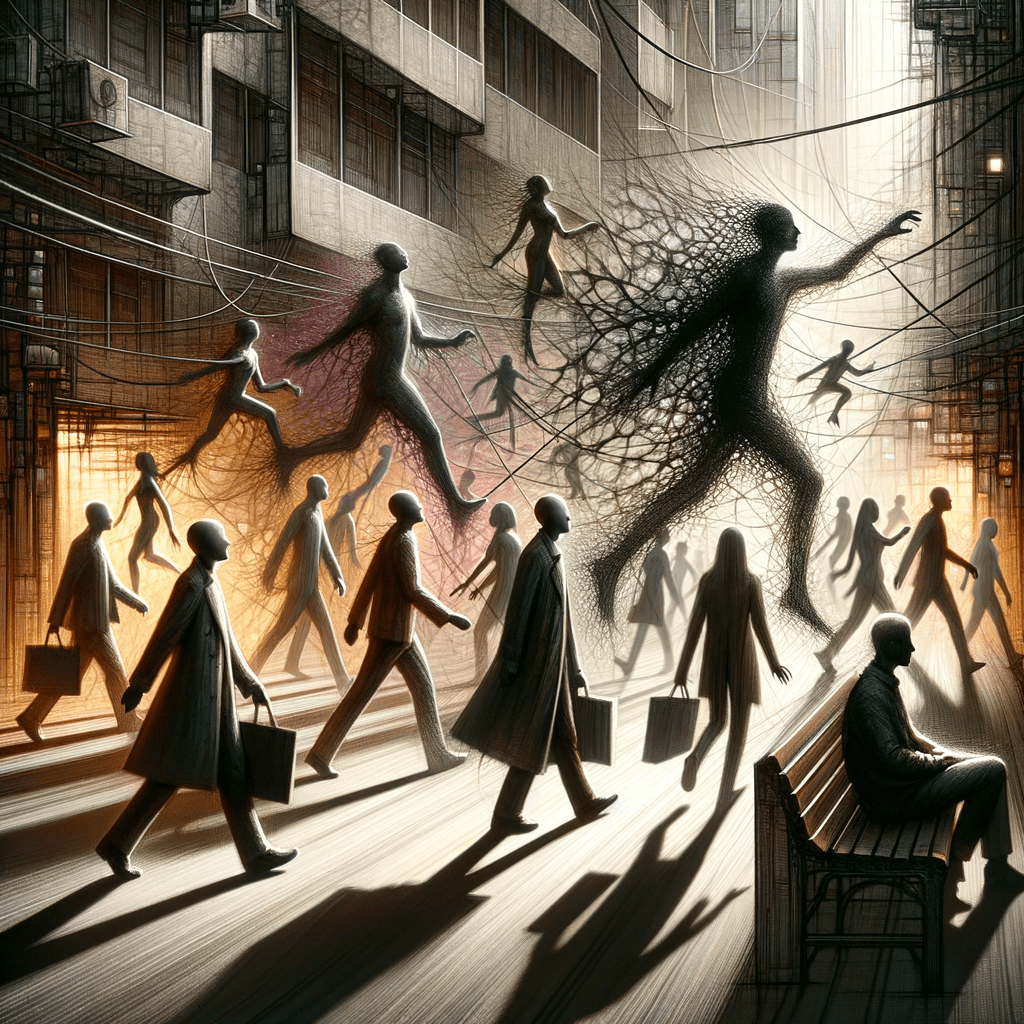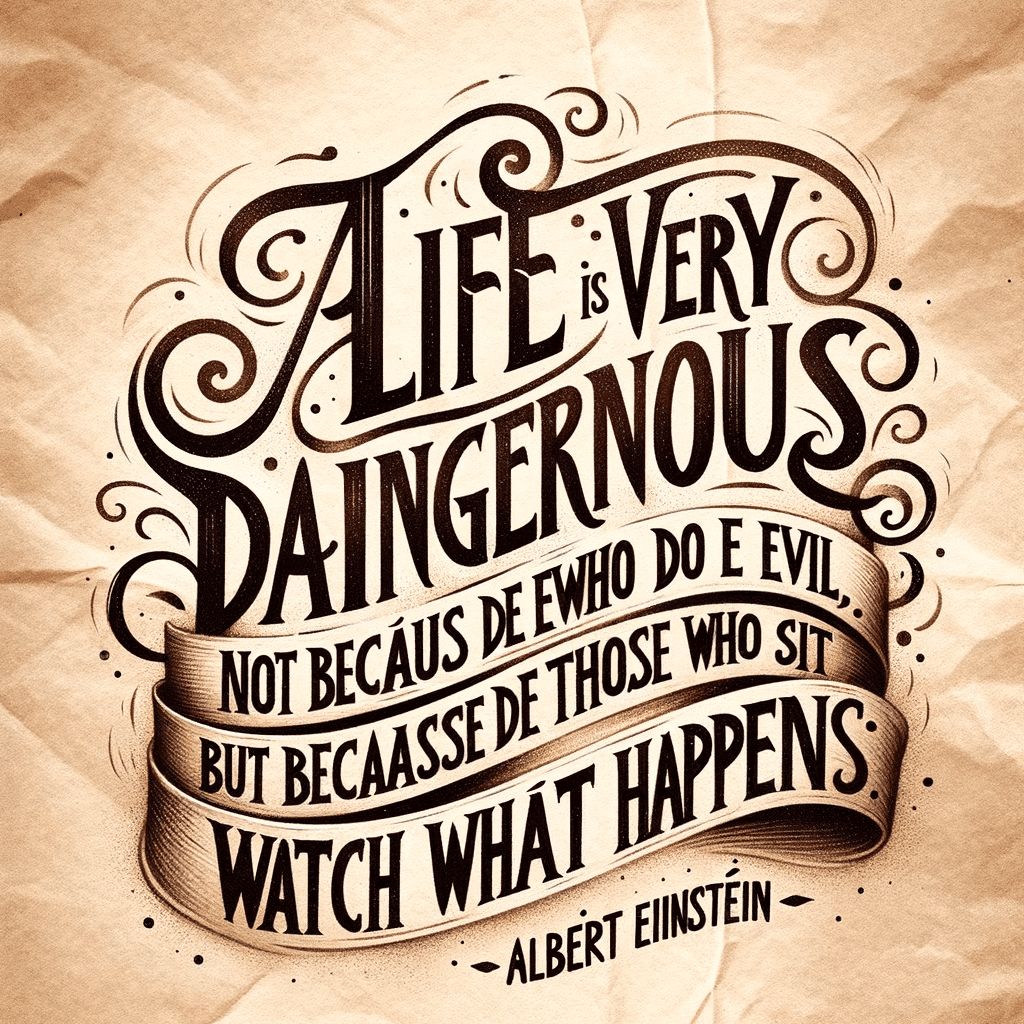#Moral Responsibility
Quotes tagged #Moral Responsibility
Quotes: 18

The Greatest Offense Is to Do Nothing When You Could — Publilius Syrus
This quote highlights that choosing not to act, especially when one has the ability to help or make a difference, is itself a serious offense. [...]
Created on: 4/15/2025

Act with Intention, for Every Action Shapes the World - Aeschylus
By urging people to act intentionally, the quote encourages ethical behavior. It suggests that individuals have a duty to think carefully about their actions and their potential effects on others. [...]
Created on: 3/8/2025

To Know What You Can Now Do, Is to Know What You Should Do – John Dewey
This quote suggests that understanding our capabilities comes with a sense of responsibility. Once we recognize what we are capable of, we should take action accordingly. [...]
Created on: 2/18/2025

You Have to Do the Best You Can – Albert Einstein
Einstein’s advice applies to all aspects of life, from academic and professional endeavors to personal growth and ethical decision-making. [...]
Created on: 2/15/2025

Accountability for Actions and Inactions - John Stuart Mill
Mill's perspective reflects a call for social accountability, asserting that everyone is responsible for how their actions—or lack thereof—affect others within society. [...]
Created on: 1/28/2025

In the End, We Will Remember the Silence of Our Friends - Martin Luther King Jr.
Martin Luther King Jr. was a pivotal figure in the American Civil Rights Movement. This quote reflects the challenges he faced in garnering support from individuals who were otherwise passive or indifferent. [...]
Created on: 6/6/2024

Life Is Very Dangerous - Albert Einstein
Albert Einstein lived through tumultuous times, including two World Wars and the rise of totalitarian regimes. His experiences likely shaped his belief in the importance of active opposition to evil and wrongdoing. [...]
Created on: 6/2/2024